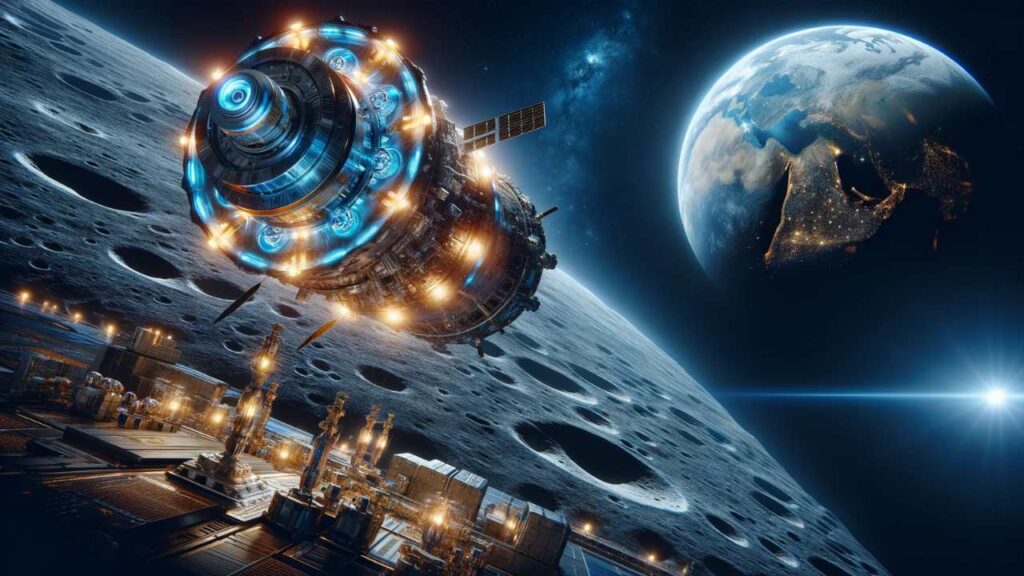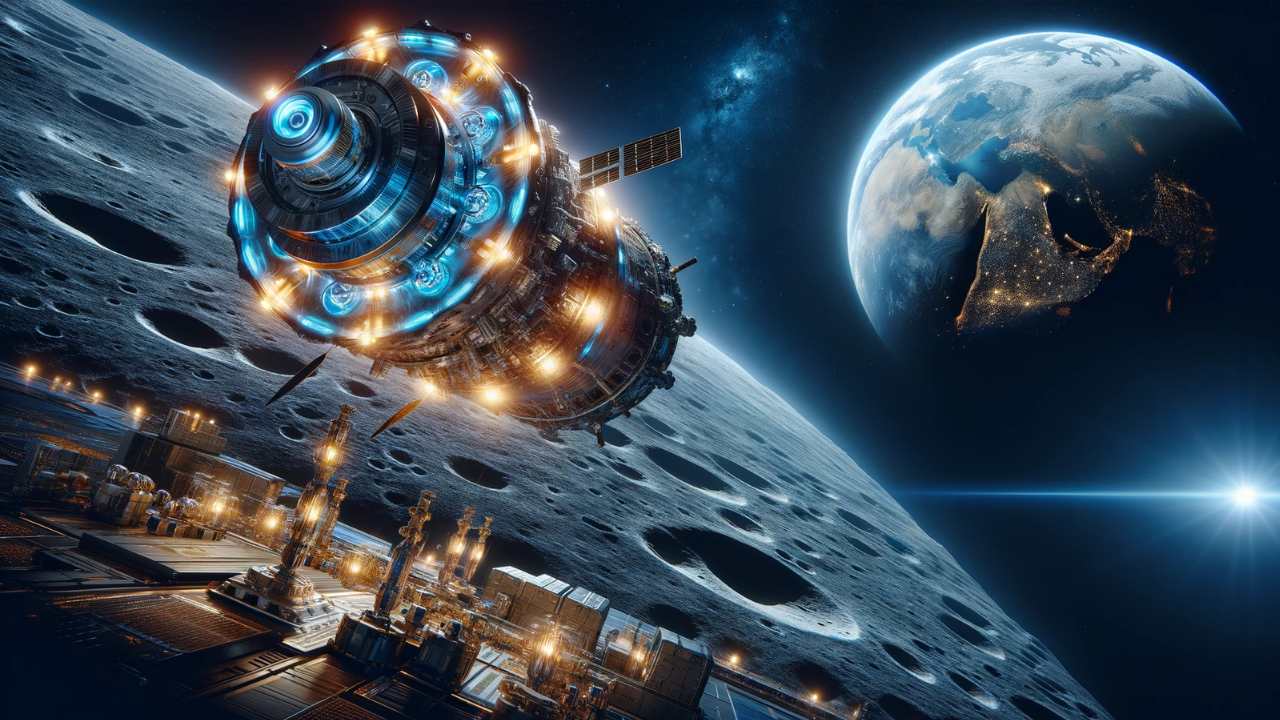Discover how Zero Boil-Off Technology (ZBO) is setting the stage for sustainable space exploration to the Moon and Mars. Learn about NASA’s groundbreaking ZBOT experiments aboard the International Space Station, which are pioneering the management of cryogenic propellants in microgravity. This article explores the challenges and solutions in space fuel storage and transfer, the implications for long-duration missions, and how this technology could transform hydrogen fuel use on Earth for a cleaner energy future.

As families gear up for road trips, a common concern echoes: “Do we have enough fuel to reach our destination?” This seemingly mundane question mirrors a challenge of cosmic proportions faced by NASA as it eyes sustainable lunar missions and dreams of Martian conquests. Unlike the earthbound convenience of gasoline, space missions rely on volatile cryogenic liquid propellants, necessitating a deep dive into the complexities of space fuel management, zero-boil-off technologies, and the pioneering experiments aiming to make long-duration space travel feasible.
The Challenge of Cryogenic Propellants in Space
Spacecraft fuel isn’t as straightforward as filling up at a gas station. Cryogenic propellants, essential for space travel, require storage at extremely low temperatures, posing significant challenges in terms of insulation and boil-off prevention. Current technologies can only preserve these fuels for a few days in space, with tank-to-tank transfer still untested in the microgravity environment. This limitation is a major hurdle for missions to the Moon and Mars, where no refueling stations exist, and the mechanics of fuel transfer and storage are complicated by the lack of gravity and the constant threat of environmental heat leaks.
Pioneering Solutions: Zero Boil-Off and Reduced Boil-Off Technologies
The quest for sustainable space exploration has led to the development of Zero Boil-Off (ZBO) and Reduced Boil-Off (RBO) technologies. These innovative solutions aim to mitigate fuel loss by employing active mixing and cooling mechanisms, marking a significant leap from passive tank pressure control methods. For instance, a nuclear propulsion concept for Mars estimated that passive boil-off could result in the loss of 16 tons of fuel per year. In contrast, ZBO technologies could reduce this loss by 42%, representing a pivotal advancement in making long-duration missions viable.
The Zero-Boil-Off Tank (ZBOT) Microgravity Science Experiments
To underpin these technological strides with scientific rigor, NASA has initiated the Zero Boil-off Tank (ZBOT) experiments aboard the International Space Station. These experiments are designed to address critical questions about cryogenic fluid management in space, exploring innovative methods such as subcooled jet mixing and droplet injection for pressure and temperature control in microgravity conditions.
ZBOT-1: Self-Pressurization & Jet Mixing
ZBOT-1 focused on understanding the dynamics of self-pressurization and the effectiveness of subcooled jet mixing in microgravity. This experiment provided valuable insights into the fragility of classical self-pressurization in space and demonstrated the potential of jet mixing as a method to control tank pressure, despite unexpected challenges such as cavitation.
ZBOT-NC: Non-Condensable Gas Effects
The forthcoming ZBOT-NC experiment aims to shed light on how non-condensable gases impact self-pressurization and pressure control in microgravity. By examining the effects of gases like Xenon and Neon, this study will contribute to a more nuanced understanding of vapor molecule transport and condensation dynamics in the absence of gravity.
ZBOT-DP: Droplet Phase Change Effects
Lastly, ZBOT-DP will explore the behavior of subcooled liquid droplets in microgravity, a promising avenue for active pressure control. This experiment will investigate the complex interactions between droplets and the tank environment, crucial for optimizing droplet injection strategies for temperature and pressure management.
From the Cosmos to Planet Earth
The implications of this research extend beyond the realm of space exploration. By advancing our understanding of cryogenic fluid management, the ZBOT experiments and the development of ZBO technologies not only pave the way for future lunar and Martian missions but also hold the promise of revolutionizing hydrogen fuel use on Earth. Companies like Blue Origin and Lockheed Martin are already leveraging insights from these experiments to inform spacecraft design, indicating a future where the benefits of space research catalyze innovations in sustainable energy and transport on our home planet.
In essence, the journey to sustainable space travel is a multifaceted challenge, bridging the gap between the intricacies of cryogenic fuel management and the boundless aspirations of human space exploration. Through the pioneering efforts of the ZBOT experiments and the development of ZBO technologies, we are not only charting a course for the stars but also sowing the seeds for a greener, more sustainable future on Earth.
